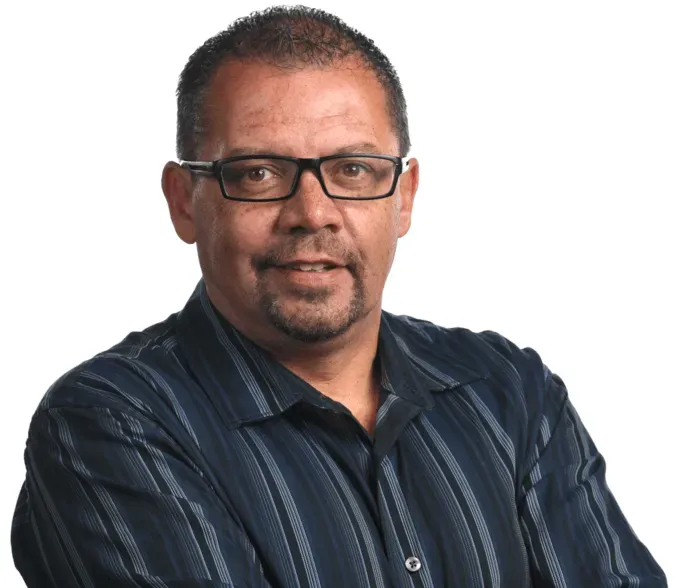Mortgage Financing. Made Easy.
David Sahibzada | Senior Mortgage Advisor
If you're looking for mortgage financing, you've come to the right place. Let me help you find the best mortgage to meet your needs.
Mortgage financing can be confusing, it doesn't have to be, here's the plan.
Get started right away
The best place to start is to connect with me directly. The mortgage process is personal. My commitment is to listen to all your needs, assess your financial situation, and provide you with a clear plan forward.
Get a clear plan
Sorting through all the different mortgage lenders, rates, terms, and features can be overwhelming. Let me cut through the noise, I'll outline the best mortgage products available, with your needs in mind.
Let me handle the details
When it comes time to arranging your mortgage, I have the experience to bring it together. I'll make sure you know exactly where you stand at all times. No surprises. I've got you covered.
David Sahibzada
Senior Mortgage Advisor
Hello, my name is David Sahibzada and I'm here to help.
I first discovered Mortgage Brokering when my bank happily offered to renew my mortgage at over 7.00%. At the time I had a young family, one income, money was tight and I knew there was a better mortgage out there but I didn’t know how to find it. A friend referred me to a mortgage broker and I was able to get a much lower rate and a much better mortgage. That mortgage agent saved me thousands and I’m forever grateful for that referral I received!
For the past 15 years, it has been my turn to help. I know that sometimes the world of mortgages can be intimidating, complicated and confusing. I'm here to help you navigate through and find a solution that works for you. I'm good at what I do and have the skills and experience to save you time, effort and money! If you are looking for a friendly, easy to talk to mortgage expert please reach out anytime.
I look forward to helping you...Dave
Contact me!
Here are some nice things clients have said about working with me.
I can help you arrange mortgage financing for the following services:
Feel free to run some numbers.
Articles to keep you learning




